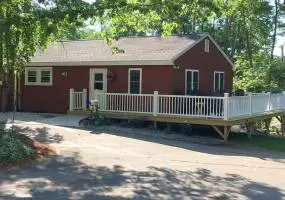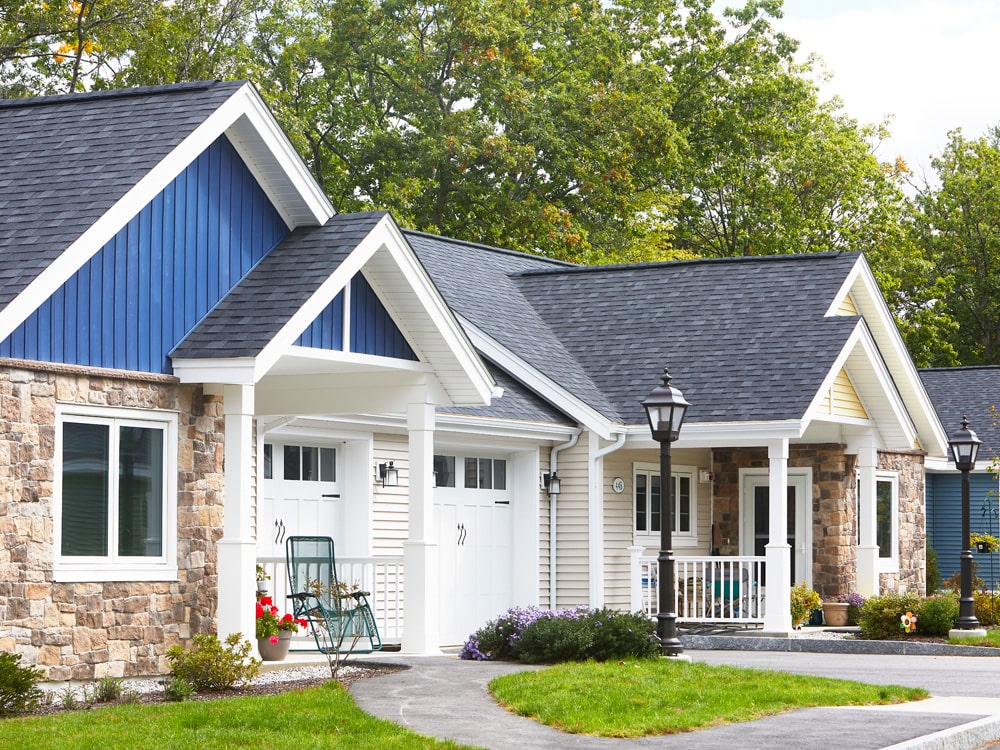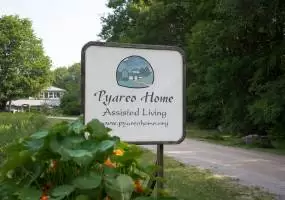![]()
Navigating senior living options can be a daunting task when considering the well-being of elderly loved ones. The search for suitable residential care often presents a myriad of choices, each with its own admission criteria and care standards. For those unfamiliar with the intricacies of senior care, determining the most appropriate option can be challenging.
Selecting the right type of care is paramount, as not all residential care settings are equally suited to every senior’s needs. Some older adults require specialized assistance that only specific types of care facilities can provide, while others thrive in less supervised environments.
Assisted living and memory care stand as two prominent forms of senior residential communities, each offering distinct features and services. While there is some overlap between these two options, significant differences exist. Whether you’re exploring assisted living or memory care for yourself or a loved one, this guide elucidates the similarities and disparities between these two types of care. It delves into the range of services available at each facility, provides insights into nationwide cost averages, and outlines the factors influencing the suitability of either option for your senior loved ones.
Asssited Living
Memory Care
Setting
Social
Social/Clinical
Care Provided
Caregiver assistance with ADLs and medication management, coordination with medical providers
Assistance with ADLs, daily therapy for mental and emotional well-being, medication management and administration, coordination of care with doctors and family members
Cost
$4,300 average in the U.S.
$5,160 to $5,590 average U.S.
Who Should Consider It
Independent seniors who need daily assistance with ADLs
Seniors with Alzheimer’s disease and other conditions that impair memory
Assisted Living: A Semi-Independent Senior Care Option
Assisted living presents a semi-independent level of senior care, akin to having one’s own apartment. Within these facilities, residents enjoy the freedom to come and go as they please, entertain visitors, and engage in activities that bring them joy. Staff members at assisted living facilities undertake various responsibilities, including grounds maintenance, assistance with travel, medication management, and activities of daily living (ADLs). Common ADLs encompass personal care, grooming, meal preparation, and light housekeeping. Additionally, staff often coordinate transportation for medical appointments, arrange group outings, and organize community events such as movie nights, dances, and guest speaker sessions.
Seniors residing in assisted living can anticipate secure and comfortable accommodations, with inclusive meal services, check-in procedures, and emergency response systems. Many facilities boast outdoor gardens, walking paths, media centers, libraries, and amenities like general stores or game rooms. Resort-style assisted living communities may offer concierge services and restaurant-style dining experiences. Moreover, facilities providing case management or financial counseling assist residents in managing their finances or estate planning. Enrichment classes, arts and crafts sessions, and support groups addressing bereavement and other senior-related issues are also commonplace.
In the United States, the average monthly cost of assisted living is $4,300, as per Genworth’s Cost of Care Survey. However, this figure varies significantly from state to state, ranging from $6,650 in New Hampshire to $3,000 in Missouri. Additional factors influencing cost include the facility’s location, amenities, and services offered. Notably, Medicare and most health insurance plans do not cover assisted living expenses. Although Medicaid doesn’t directly fund assisted living, many states provide Medicaid waivers for seniors who would otherwise require nursing home care.
Assisted living serves as an ideal option for seniors who can no longer live independently but do not require round-the-clock supervision or nursing care. Those needing extra assistance with ADLs typically find assisted living beneficial. However, individuals with chronic illnesses requiring intensive monitoring may require a higher level of care. Nonetheless, some assisted living facilities offer hospice services for residents with late-stage illnesses who prefer to remain in a familiar and comfortable environment.
Memory Care: Specialized Support for Cognitive Health
Memory care shares similarities with assisted living in providing residents with essential room, board, and assistance with activities of daily living (ADLs) from trained caregivers. Often situated within larger assisted living communities, memory care facilities offer a seamless continuum of care for individuals whose cognitive health needs surpass the capabilities of standard assisted living.
However, memory care distinguishes itself through the intensity of care provided to residents. Staff members undergo specialized training in catering to the unique needs of seniors grappling with Alzheimer’s disease, Parkinson’s disease, and other forms of dementia. Residents receive round-the-clock supervision, with assistance readily available whenever needed. Memory care units prioritize coordination with residents’ medical professionals, offering medication management services and conducting daily therapy sessions tailored to the needs of those with dementia.
While resort-style amenities may be less prevalent in memory care communities compared to assisted living facilities, staff members play a more proactive role in assisting residents with their daily routines and ADLs.
In the United States, memory care typically commands a 20-30% premium over standard assisted living, averaging between $5,160 to $5,590 per month nationwide. Like assisted living, prices vary depending on location and the range of amenities and services offered. Seniors exhibiting disturbed behavior, wandering tendencies, or self-harm often necessitate closer supervision in a more secure environment, which may incur additional costs.
Memory care serves as an optimal choice for seniors with dementia who benefit from continuous supervision, a secure setting, cognitive-enriching therapies, and assistance with ADLs. While not all individuals with Alzheimer’s disease or memory loss conditions require the level of supervision provided by a memory care facility, this specialized care is indispensable for seniors whose needs cannot be adequately met in a standard assisted living community.
Table of Contents
ToggleNH Assisted Living By Region
- Bedford NH Assisted Living
- Manchester NH Assisted Living
- Portsmouth NH Assisted Living
- NH Seacoast Assisted Living
- Lakes Region Assisted Care NH
- Sunapee NH Assisted Living
- White Mountains
- Monadnock
- Great North
- What’s the difference between assisted living and nursing care?
- Community spotlight: active adult living
- Your Type – Active Adult Living










